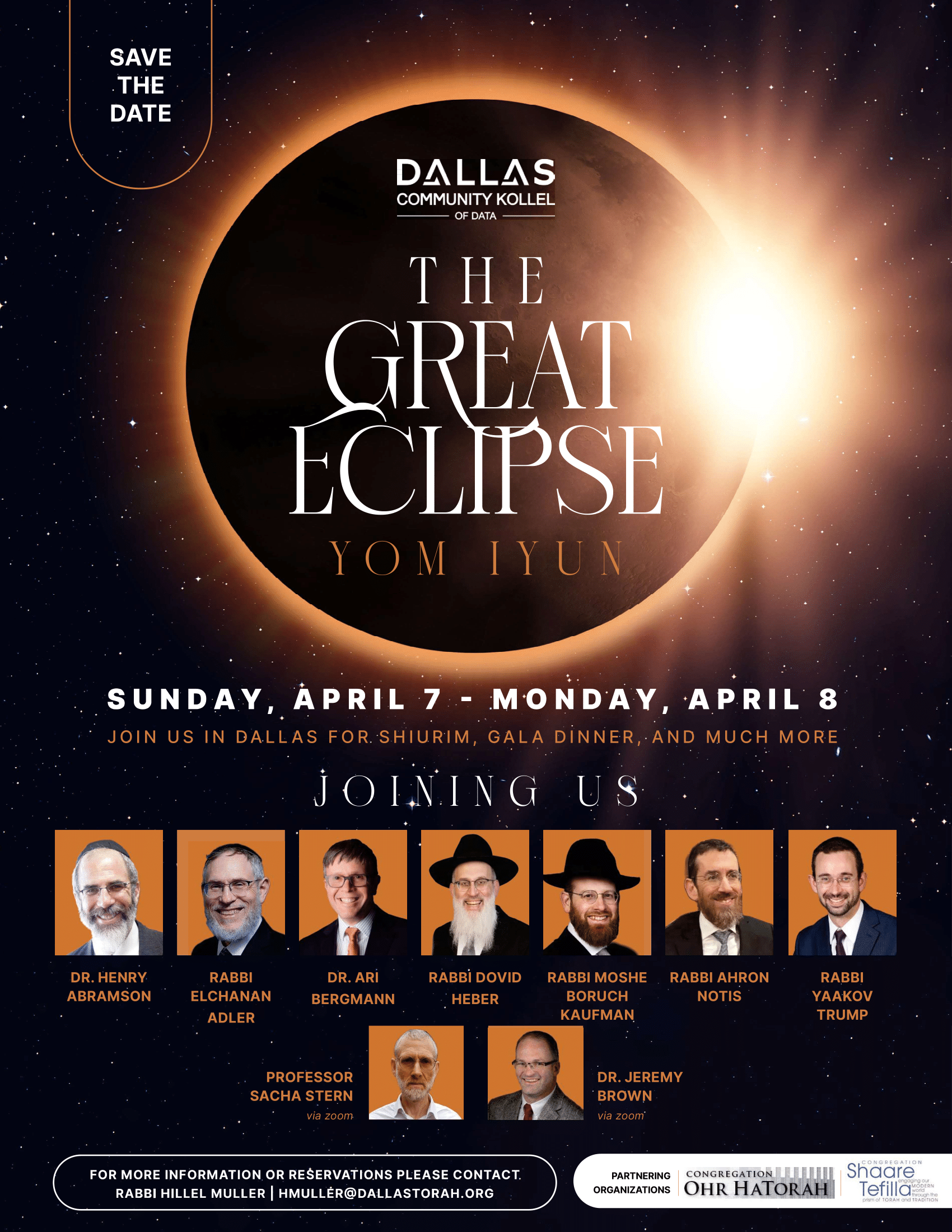When God forged a covenant to establish a special relationship with Abraham and his descendants, He decreed that a sign of the covenant should be indelibly marked on their bodies. The bris, or circumcision, is that sign.
The Torah says “God spoke to Abraham saying, …this is my covenant which you shall keep between Me and you and your descendants after you – every male child among you shall be circumcised.” Bris has enormous significance in Judaism as the very sign of our covenant and connection to God. It is important enough to be mentioned 13 times in the Torah!
A male gentile who converts to Judaism also enters into the covenant through the performance of a bris.
While we can never fully know God’s motivations in commanding a mitzvah, we are meant to try and understand as much as we can:
- Some commentaries explain that God wanted a permanent sign on our bodies to distinguish us from the other nations in body and soul.
- Others maintain the message is that we are to be in control of our desires and passions, not allowing our lusts rule over us. Since sexual urges are among the most powerful of human drives, we were commanded to put the sign upon an area of our bodies that reminds us to refrain from immorality. This helps us maintain the purity and holiness of Jewish family life and intimate marital relations. This is one reason this sign is only placed upon men, who are generally more inclined to promiscuity and have a greater sexual drive than women.
- On a deeper level God purposely created man imperfect. This is because He wanted man to perfect himself. This is the first mitzvah the child performed upon the child, bringing him (albeit passively) into a lifetime of the service of God. Indeed every mitzvah one performs is an act of self-perfection and thereby helps complete the world as well, effecting a true tikkun olam.
Throughout our history the performance of the bris has been both a source of great joy as well as an indication of our dedication to God and the upholding of our covenant to Him.
We have a tradition that Elijah the prophet is present at each and every bris. This is because he accused the Jewish people of not upholding the bris, so God decreed he attend every Bris forever. He needs to report back to God that the Jews indeed are upholding this mitzvah of the covenant, often despite great sacrifice, evil decrees and danger. One of so many illustrations of this is the following story.
Some years ago a bris was secretly held in a basement in Soviet Russia after the boy was many months old, as it was the first time a mohel was available to perform it in that town due to Soviet decrees against religion. When the baby was handed over to his mother after the bris, she kissed him, shrieked and fainted. After awakening, the mother explained that she had taken a vow not to kiss her baby until he had a bris, because she was afraid she might become complacent over the lack of a mohel. She was concerned he would never have a bris like so many other children in Russia, so she took that vow knowing that with it she would never rest until he had a bris! When she kissed the baby she fainted out of the intense, pent-up emotions of a mother who is now kissing her baby for the first time since he was born!
Mazel tov on the birth and bris of your son! You should be proud that you and your son have become links in the thousands-of-year long holy chain of Jews traversing continents and a tumultuous history back to our patriarch Abraham, bringing us all one step closer to our final redemption.
Sincerely,
Rabbi Yerachmiel Fried


